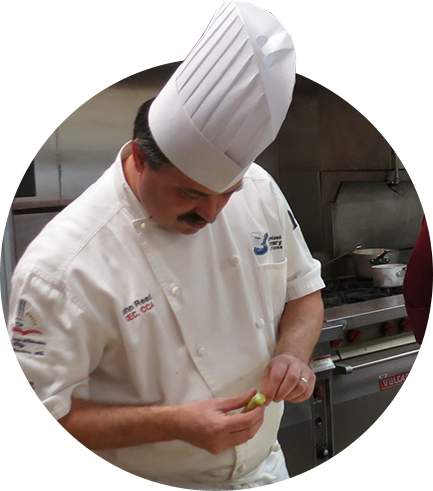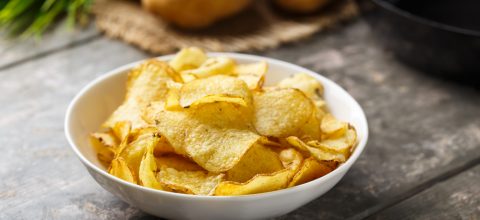In the last six months, I have spent a lot of time looking at bottles of vinegar. It may seem like an odd thing to do, but in reality, it is surprising how little I really knew about the stuff. I became perplexed when I started looking for a local manufacturer of vinegar for my products. Not to self-promote, but have you looked at a jar of pickles lately and really read the ingredients? Vinegar means what?
I have fond memories of one of my favorite variations of vinegar. For me, there is nothing better than a bag of salt and vinegar crisps and a pint. I have been thinking about how devastated the local pub economy is in the U.K., but I digress.
The bite of the malt vinegar and the salinity takes me back to sitting in the garden of the pub while my dad stopped in for one on the way home from the bookies. He liked putting down a few shillings on the horses.
Since those days, I have always used vinegar and had an assortment in the pantry, from distilled to red wine and even my beloved malt vinegar. But until I started looking at product sourcing and the process whereby it ends up on the shelf at home or in the commercial kitchen, I didn’t really consider—there is a reason why some are way more expensive than others. It usually relates to time in the barrel.
Like any modern commercial product, the number of producers is dwindling, and consolidation is the name of the game for the basic line-up of red, white and now even crappy mass-produced balsamic.
The production and use of vinegar aren’t new; between salt and acetic acid, these are the oldest known preservation methods. For centuries, fruits were stored or converted into juice, and with the presence of a few thousand natural yeasts in the air, fermentation was facilitated, and the process of vinegar-making evolved. This was an artisan industry, isolated to farms and vineyards who capitalized on the nature of the business. You are going to have bad batches of wine and even beer or whiskey, hence the malt connection. So why not bottle and sell it to minimize your losses?
Natural vinegars take time and some understanding of food science to make successfully. Most modern vinegars are industrialized processes using a culture, chemical treatments and the distillation process to produce quickly and cheaply.
As you know, I like to read and educate myself as much as I can on a subject—including trying to find the processes of making the vinegar itself, not just infused vinegars with some fruit chucked into a bulk product. So, I was fortunate to connect with a newly formed start-up who is in the process of becoming a commercial small batch vinegar manufacturer. I was also lucky to come across a journal from the US Department of Agriculture written in 1924 on the manufacture of vinegar. Within the journal, they described many fruits, from the traditional apple to peaches, berries and even honey and persimmons. It is pretty straightforward.
Now, I am going to throw my hand into making some test batches, and once I get the right taste, I am going to send it out to my new partner for bigger production. No industrial process in my future; just hand crafted. So, stay tuned for some tangy treats at a farmer’s market near you.
– Chef John Reed, CEC, CCA
|
|












